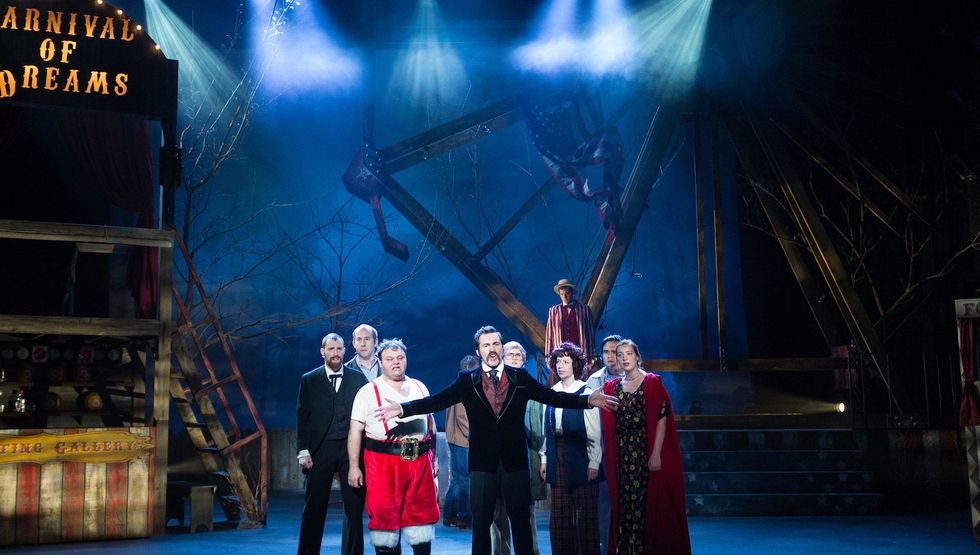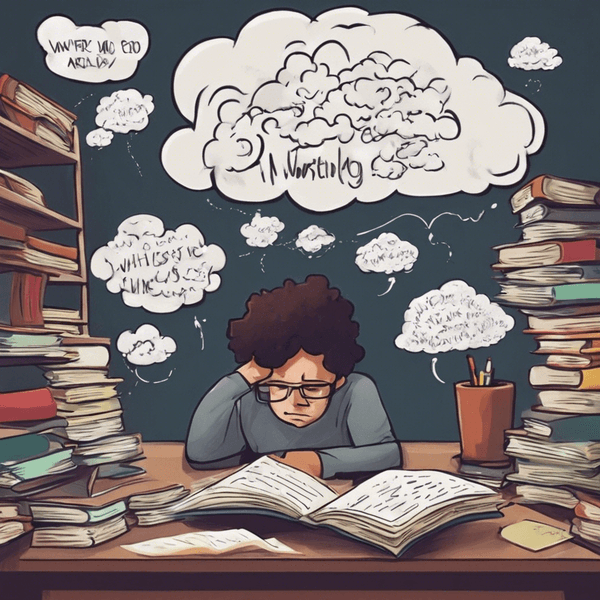It is safe to say that our personal safety is at stake due to the laws (or the lack thereof) that regulate gun control in the United States. In the approximately 520 days since the Orlando shooting at the Pulse nightclub, 555 mass shootings have taken place, the most recent being at a church in Sutherland Springs, Texas where at least 26 people were killed. It is approximated that 639 people have been murdered and another 2,635 people have been injured. The fight for gun control continues as more and more people are angered by the lack of response from Congress who continue to do nothing, chalking the whole phenomena up to mental health which they also refuse to regulate.
The power of theater is unprecedented in placing on stage a reflection of the American condition, let alone the universal truths of humanity. While a number of theatrical works have touched on the atrocities of mass shootings and gun violence, nothing holds a glass to the character study of America’s violent tendencies that are scrutinized in Stephen Sondheim & John Weidman’s musical "Assassins."
In this concept musical, the show is lead by a cast of unconventional historical characters - John Wilkes Booth, Charles Guiteau, Leon Czolgosz, Giuseppe Zangara, Lee Harvey Oswald, Samuel Byck, John Hinckley, Lynette "Squeaky" Fromme & Sara Jane Moore - all who have succeeded or attempted to assassinate the President of the United States. The musical gives a voice to some of the darkest moments in history, ones where individuals have made a choice to perform an act of terrorism against the American way of life. "Assassins" revolves around the idea of the American dream and what becomes of individuals as they begin to realize how unattainable the promise of life, liberty, and the pursuit of happiness can be.
In this unique piece of theater where the fourth line of the show is “C'mere and kill a president,” the timeline of history is skewed. Historically, these assassins have never conversed with one another, a fact that audiences are sure to understand as they witness the eclectic array of misfits converse over topics of importance to them. Showcasing these individuals on stage together speaks to the greater issue that these violent and deadly acts are not a threat that will die out with time. They are programmed to happen again and again because a gun gives power to the everyman. It is the “loophole in the American dream that can only beget more violence,” as dramaturg Anika Chapin writes.
Throughout the show, the assassins are referred to as “madmen” by the Balladeer, a narrator who stands in for the American populous. As each individual story and motive is explored, we as an audience come to realize that these acts are performed by a variety of personalities. Some were motivated by their patriotism like John Wilkes Booth while others saw the assassination as an opportunity to please the ones they loved, much like John Hinckley for Jodie Foster and Squeaky Fromme for Charles Manson. The motives even venture into a humorous tone as Zangara shares how he believes killing Franklin D. Roosevelt will cure him of his stomach pains. However bizarre an audience may perceive any of their motives, their stories comment on the reality that the American system has failed these human beings who, in response, are forced to take drastic measures to obtain what they believe is their entitlement to the promise every American citizen is sold.
When the show premiered in 1990, the term domestic terrorism was not in use nor was it clearly defined. The United States did not have a definition for themselves until the creation of the U.S. Patriot Act following the aftermath of September 11th, 2001. Flash forward to 2017. The current political administration still denies the term even as hundreds of Americans fall a victim to citizens with assault rifles. America continues to run on a philosophy of waiting until the worst has come to fruition before owing an apology and promising future change to accompany the statement. To top it all off, the NRA holds the power to continue their mission of “defending” the second amendment because of their ability to invoke fear that prompts Americans to turn a blind eye to the repercussions from a lack of gun reform. Yet, "Assassins" challenges audiences with listening to these individual stories which all demonstrate a grand error in the American way of life.
In this musical which questions the validity of the phrase “everybody’s got the right to be happy,” we can see the parallel to the others who have taken it upon themselves to be remembered in history for the amount of life they have taken away in their own lifetime. To blanket them all as madmen who cannot be stopped or regulated further confirms that America and American politics has got to learn to see itself for the legislative mess it is. Otherwise, the number of those killed will continue to rise and we will be forced to live in fear for the rest of our lives.



 StableDiffusion
StableDiffusion StableDiffusion
StableDiffusion StableDiffusion
StableDiffusion Photo by
Photo by  Photo by
Photo by  Photo by
Photo by 
 Photo by
Photo by  Photo by
Photo by  Photo by
Photo by  Photo by
Photo by  Photo by
Photo by 












